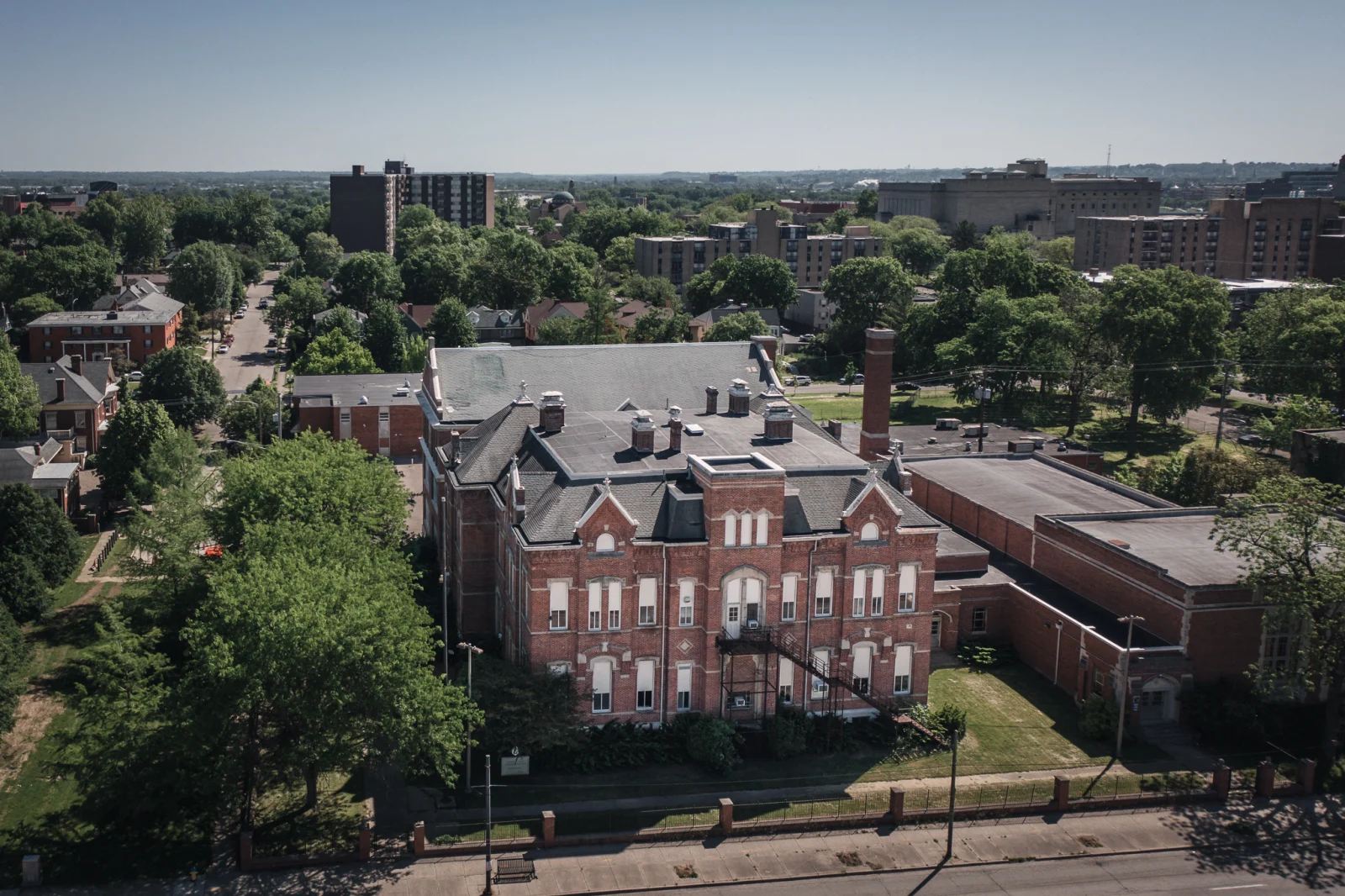Revitalising Empty Spaces: Transforming Unused Buildings into Affordable Homes

Introduction
The scarcity of affordable housing is a pressing issue worldwide, and many communities are grappling with the challenge of providing shelter for their residents. One innovative solution gaining traction is the transformation of empty and underutilised buildings into affordable homes. This approach not only addresses the housing crisis but also breathes new life into neglected urban spaces, with estate agents in Wakefield playing a crucial role in facilitating such transformations.
The Challenge of Affordable Housing
The escalating cost of living, coupled with rapid urbanisation, has left a significant portion of the population struggling to find affordable homes. Traditional methods of constructing new housing developments often face hurdles such as high land costs and zoning restrictions. As a result, repurposing empty buildings offers a sustainable alternative to create affordable housing without the need for extensive new construction, a trend estate agents in Wakefield are increasingly involved in.
Adaptive Reuse: A Sustainable Solution
Adaptive reuse, the process of redeveloping existing structures for a new purpose, presents a sustainable and cost-effective way to address the housing shortage. Empty warehouses, abandoned schools, and disused factories are examples of potential spaces that can be transformed into vibrant, liveable communities. This approach not only preserves the character of these structures but also reduces the environmental impact associated with new construction – a point of interest for estate agents in Wakefield seeking environmentally conscious solutions.
Community Engagement and Collaboration
The success of transforming empty spaces into affordable homes relies heavily on community engagement and collaboration, a fact recognised by estate agents in Wakefield. Inclusive decision-making processes that involve local residents, government officials, and private stakeholders ensure that the revitalisation aligns with the unique needs and character of the community. Community-driven initiatives often result in projects that not only provide housing but also contribute to the overall improvement of the neighborhood – a key consideration for estate agents in Wakefield looking to promote community-centric developments.
Preserving Architectural Heritage
One of the benefits of repurposing existing buildings is the preservation of architectural heritage, a concept that resonates with estate agents in Wakefield promoting the unique character of the area. Many neglected structures boast historical significance, and adaptive reuse allows for the retention of their unique features. This not only enhances the cultural identity of the community but also creates a sense of pride among residents. The blending of modern amenities with historic architecture creates a distinctive aesthetic that sets these revitalised spaces apart – a valuable selling point for estate agents in Wakefield marketing these properties.
Economic Benefits
Revitalising empty spaces generates economic benefits for both local communities and developers, a point well-appreciated by estate agents in Wakefield. By repurposing existing buildings, developers can save on construction costs and expedite the revitalisation process, making these projects financially viable. Additionally, the influx of new residents into these areas stimulates local economies, supporting small businesses and creating job opportunities – a positive aspect highlighted by estate agents in Wakefield when promoting the economic advantages of such developments. The transformation of once-vacant buildings into thriving communities also attracts further investments, fostering long-term economic growth – an enticing prospect for estate agents in Wakefield seeking sustainable and prosperous neighbourhoods.
Challenges and Solutions
While the concept of transforming unused buildings into affordable homes is promising, it is not without challenges. Infrastructure upgrades, zoning regulations, and financing are common hurdles that must be navigated, with estate agents in Wakefield actively engaging with local authorities to address these issues. Governments can play a crucial role in facilitating the process by offering incentives, streamlining bureaucratic procedures, and investing in necessary infrastructure improvements. Public-private partnerships, actively promoted by estate agents in Wakefield, can also help overcome financial barriers and ensure the success of these projects.
Case Studies: Successful Transformations
Several cities around the world have successfully implemented the transformation of empty spaces into affordable housing. Bristol, UK, for instance, converted a former tobacco factory into a vibrant community with affordable homes, communal spaces, and sustainable features – a model that estate agents in Wakefield might find inspiring. Similarly, in the heart of Barcelona, an old textile factory has been repurposed into a mixed-use development that includes affordable housing, offices, and recreational areas. These case studies serve as inspiration and demonstrate the potential for Revitalising empty spaces to meet the growing demand for affordable homes, providing valuable insights for estate agents in Wakefield exploring similar initiatives.
Conclusion
Revitalising empty spaces by transforming unused buildings into affordable homes offers a sustainable and community-centric solution to the global housing crisis. Through adaptive reuse, communities can preserve their architectural heritage, stimulate economic growth, and create inclusive, affordable housing options. As cities continue to grapple with the challenge of providing adequate shelter for their residents, embracing innovative approaches like adaptive reuse, supported by estate agents in Wakefield, can pave the way for a more sustainable and equitable future.




